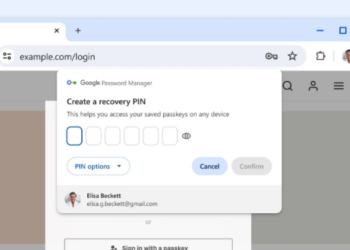Apple has joined the growing chorus of tech companies voicing concerns over UK governmental policies, as it hints at a potential shutdown of its encrypted communication services, FaceTime and iMessage.
The looming threat emerges in response to the UK’s intention to boost digital surveillance powers, a move that Apple deems as detrimental to user privacy and security.
This is not the first warning the UK has received regarding mainstream internet services taking a hit due to such policy measures. Other communication platforms like WhatsApp, owned by Meta, Signal Messenger, and online encyclopedia Wikipedia have previously expressed their discontent, citing policies that they view as harmful to user interests.
Apple’s warning targets the government’s plans to broaden digital surveillance powers available to state intelligence agencies. This move was heralded last month by the Home Office as they announced a consultation on changes to notices issued to communication providers. These notices, part of the 2016 Investigatory Powers Act (IPA), can mandate companies to retain or intercept user data.
The proposed changes would necessitate messaging services to secure approval for security features from the Home Office before their release. Additionally, these services would be compelled to immediately act upon requests to disable security features, bypassing the current practice of awaiting a review or the result of a company appeal.
The UK government justifies these updates as essential, stating that “technological changes risk having a negative effect on the capabilities of our law enforcement and intelligence agencies“. It further reassures its commitment to collaboration with the industry and stakeholders to develop proposals that balance public and privacy protection, cybersecurity, human rights, and technological innovation.
Yet, the proposed Technical Capability Notices, which allow the state to legally instruct communication providers to modify services for surveillance capabilities, have raised concerns, particularly about the legal clarity around the use of end-to-end encryption (E2EE).




















































